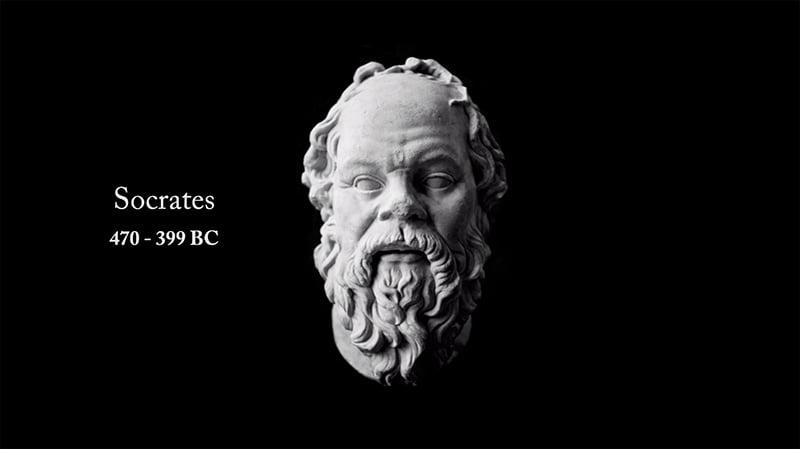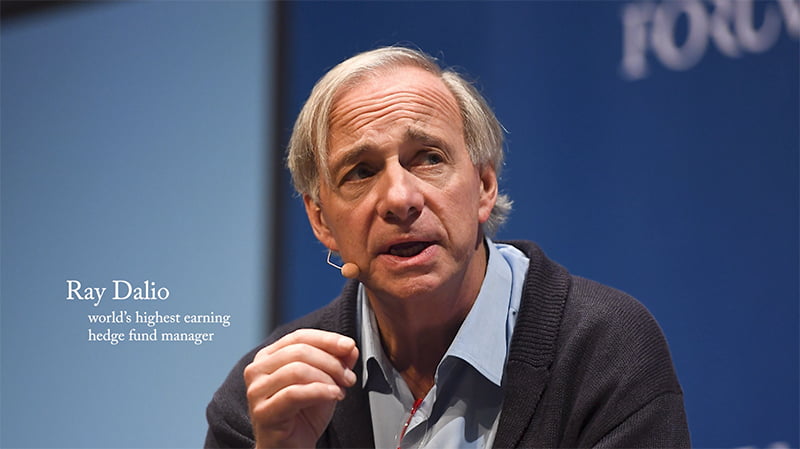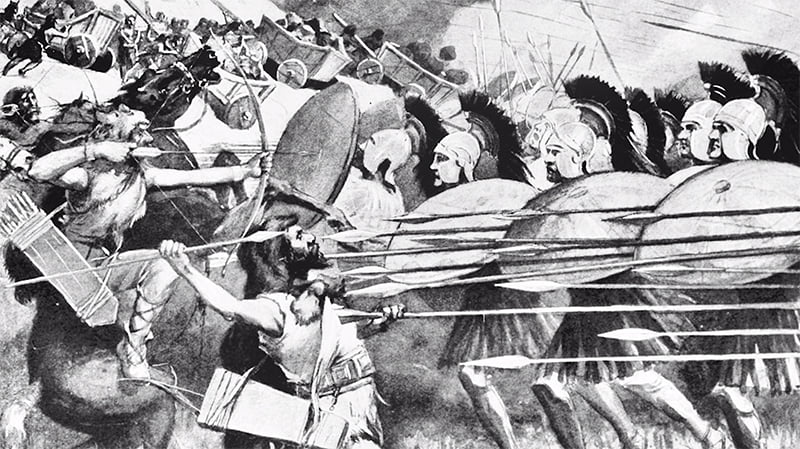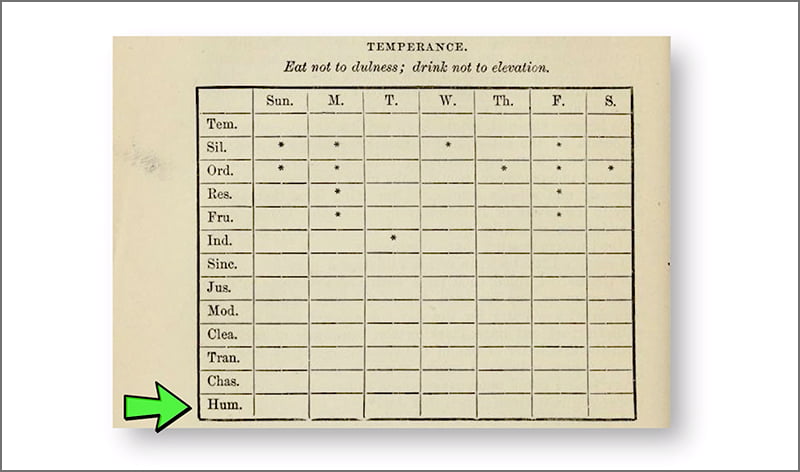“Many creative businesses crash and fail on the rocks of poor company culture.”
In below video we explore video editing and culture, and ask: what is a video editor’s most important virtue? If you need to hire an editor, this is an important question. What type of person do you wanna work with, after all? They are thinking the exact same about you. Studies have shown millennial workers value company culture over pay, so you need to create a culture they want to be part of.

At my wedding video business Glimmer Films, we have a set of 5 core virtues we ask people embody everyday. In the video below, I describe them in alphabetical order, and at the end, I explain which I think is the most fundamental, and why. In the text below, you’ll see how I coach the virtues to new hires.
1 – Be Honest and Loyal
This is a virtue common to almost most successful cultures and businesses in human history. Just be straight with us and we’ll be the same with you. If any of our team fails at this, please tell us right away.
2 – Kaizen
It is Japanese and means ‘change good’. For editors, it means constant improvement. Culturally, you must always expect this is of yourself, and your teammates. For editing, this means never getting complacent with your current workflow. Always look for rational ways to experiment and improve.
3 – Open-Mindedness

Ray Dalio, the most successful hedge fund manager in world history, has a cultural policy at his company called ‘radical open-mindedness’. When they debate on investments, everyone has a fair say, and they even score people based on their past accuracy. The billion dollar decisions his team makes are done with an open-mind to each other, and history has proven it a very successful virtue.
With editing, your client may have an idea that at first seems bad, but maybe run with it and see where it goes. Or, just stop editing for a while, and study what other people are doing. Artists are great thieves, some famous artist once said (who was it? put it in the comments).
4 – Phalanx Discipline
This virtue is an analogy I stumbled across when reading about Alexander the Great and ancient Greek warfare. I wondered: how was Alexander so successful as a general? What were his cultural secrets? His virtues? Well it turns out, he was only a part of his success. What else helped him become GREAT? The dreaded Macedonian phalanx, brandishing their extra long sarissa spears.

What is fascinating about the phalanx is its vulnerability. At first glance it seems impenetrable. But in truth, all it takes is one of the 150 men to misstep in the slightest, and the entire phalanx gets tangled, and even a small child would walk up and fatally stab them with a knife.
The Macedonians made things even harder for themselves by using the long sarissas. They were 4-8 feet longer than most other armies at the time, maxing out at 20 feet in length.
But they were so disciplined in their phalanx movements, armies that were 3-4 times their size stood no chance.
This is phalanx discipline, and it is one of the main cultural reasons Alexander was great in the first place. Remove his army’s incredible discipline, and he would not have gotten as far as India (which no other general EVER did in human history, since him. Julius Ceasar tried in 44 BC, but was assassinated the day before he was supposed to leave for the campaign).
By now, you’re thinking: What the heck does this Greco-Roman history have to do with me as an editor? A LOT.
Culturally, if you choose to skip a step in the edit workflow because of lack of discipline, the whole team trips. Many people suffer: Clients get angry, managers get yelled at, post coordinators get stressed. The company loses time, morale and money. This is the phalanx getting tangled, and becoming vulnerable to attack. This is what you do to the team, when you skip a step in the edit workflow. This is why you must be phalanx disciplined in all you do, and you must expect this from your teammates as well. We understand you’ll make errors, but culturally if you really value discipline as a core virtue, the errors will stop much sooner.
5 – Self-Control

This virtue I also found in ancient Greece with Socrates, but also in colonial America with Benjamin Franklin, a little over 2000 years later. Both of these great men practiced and preached the art of self-control. Socrates said: ‘an unexamined life is a life not worth living’. It was said he had a very bad temper when he was younger, but at a certain age, he gained control of his emotions, by constant self-examination and understanding. After all, you can’t control that which you can’t examine and understand.
Benjamin Franklin carried around a spreadsheet with 13 virtues. He literally scored himself on his ability to live by these virtues, recording every time he failed, then tabulating the results once per month, and seeing what he has to optimize. Talk about self-control!

For editing, well, it can be really frustrating sometimes. Shooter errors, client demands, computer crashing, software compatibility issues, distractions, etc etc. Culturally, you have to value self-control, so when the going gets tough, you’re not the person who broadcasts your emotions. (A secret from a business owner: No one likes working with the person who broadcasts their emotions.) Instead, you’ll stay in control and will work to solve the problem. I’m pretty sure this is the type of editor you would want to work with, right?
My Verdict
Check out the video below to see which of the 5 virtues I declare as the most vital. Of course, they are all very important.
‘Group Culture’ is often overlooked by artists when they scale and build teams, and this is a perilous path. Many creative businesses have crashed and failed on the rocks of poor company culture. But if you get culture right by coaching key virtues, your business can become a wellspring of virtue
Thanks so much for reading, and enjoy the video!
Like this article? You’ll love Shakefree, an AI plugin that deletes the shaky parts of your b-roll. Try the AI for free.
